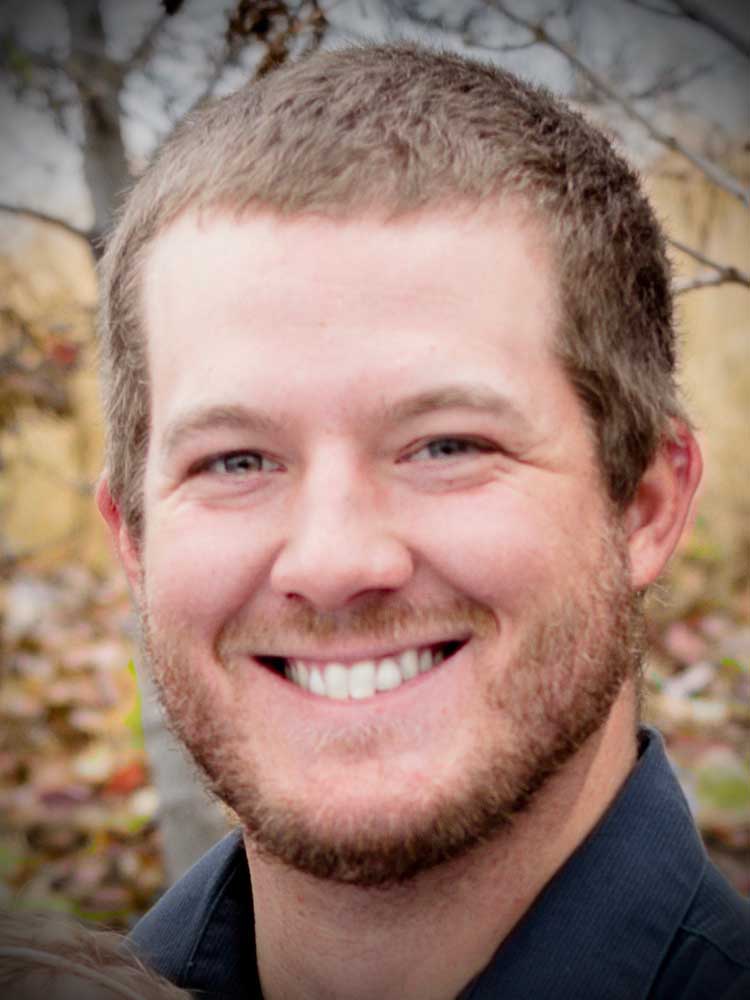On Liberty: Representation is a core American value
Published 7:00 am Wednesday, October 7, 2020

- Patton
The American electoral system is unique in that it utilizes a democratic process while simultaneously preventing “mob rule.” The Electoral College is an important part of United States governance and was instituted in order to represent the interests of all Americans as best as possible, even those that hold unpopular opinions.
What is the Electoral College?
The Electoral College is a body of electors chosen by the voters in each state to elect the president and vice president of the U.S. The number of electors that each state sends to vote for the head of the executive branch is based on the number of representatives and senators that each state is allotted to represent them in the federal government.
The number of representatives is based on population districts and the number of senators for each state is two. For example, Oregon has seven electoral votes and our neighbor Idaho has just 4.
What purpose does it serve?
In last month’s column, we briefly discussed the idea of federalism as a governmental structure. The electoral system by which we elect the president is based on the federalist structure. The citizens don’t actually elect the president, nor have they ever done so. The states, who govern themselves, vote for a head executive of the United States government.
Each state administers its own election on a certain day per state constitution. Each state uses the democratic process to determine who won that state’s election. This decentralized form of election is an incredibly important safeguard of election integrity; it would be impossible for a candidate, a party or a foreign adversary to interfere with the election process and steal an election for one candidate. In this system, the winning candidate must win a strong coalition of state elections in order to cross the threshold of the 270 electoral votes needed to win the presidency.
Why not pure democracy? The Electoral College protects against what we call “mob rule,” where 50.1% of the citizens can elect a president who will exercise dominion over the remaining 49.9%. With pure democracy, there is no guarantee of a coalition of states needed to win. In a country as large and diverse as the United States, each state has a vested interest in the presidential election and their interest is protected by the current system.
If popular vote was all that mattered, the presidential campaigns would be run much differently: either the candidates would only try to appeal to large urban populations (in which case the rural voters like us here in Wallowa County would be completely forgotten), or a candidate might try to win all of rural America while another tries to win all of urban America and no matter who wins, the losing side will feel completely forgotten. The social and political fissures we see developing now would continue to widen as citizens are mobilized against one another in pursuit of votes.
We must trust our institutions, not politicians
Our fundamental institutions, like our electoral and judicial systems, checks and balances, etc. have held our nation together for nearly 250 years. The current rhetoric coming from the progressive left is not subtle; the left is calling for the dismantling of the fundamental building blocks of our nation if they don’t win this presidential election. Their message seems to be “America is good so long as we win, and if we don’t win that means the system is broken. It needs to be torn down and rebuilt so we win.”
If we allow our institutions to be torn down, we will lose our country. If our electoral system is abolished and replaced with mob rule, if the Supreme Court is packed with activists instead of justices, and if the way in which a minority party can prevent bad legislation from being passed is eliminated, the United States won’t be long for this world.
If this happens, half of our citizens will be overlooked and a majority party in the legislature will be incentivized to pass laws removing the rights of those forgotten citizens. With an activist majority Supreme Court, there will be no system of checks and balances to prevent unconstitutional laws from being enacted. It seems secession or civil war would be inevitable in the face of that kind of tyranny.
Our nation was designed to be stronger than one election and stronger than one person. This is true as long as we believe in the significance of our founding institutions. We must unite around these self-evident truths: that all citizens are created equal, that we have a right to representation and that no one branch of the federal government should have the power to unilaterally change our system of governance.
Decentralization of power is key to protecting diversity of thought, and when a political party threatens to blow up the entire system in order to govern how it wants, we should not take that threat lightly. The choice we make next month is more consequential than simply deciding what path we take to achieve commonly held goals: it could be the difference between self-governance and authoritarianism.








